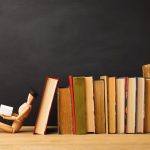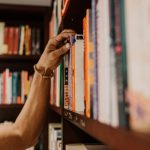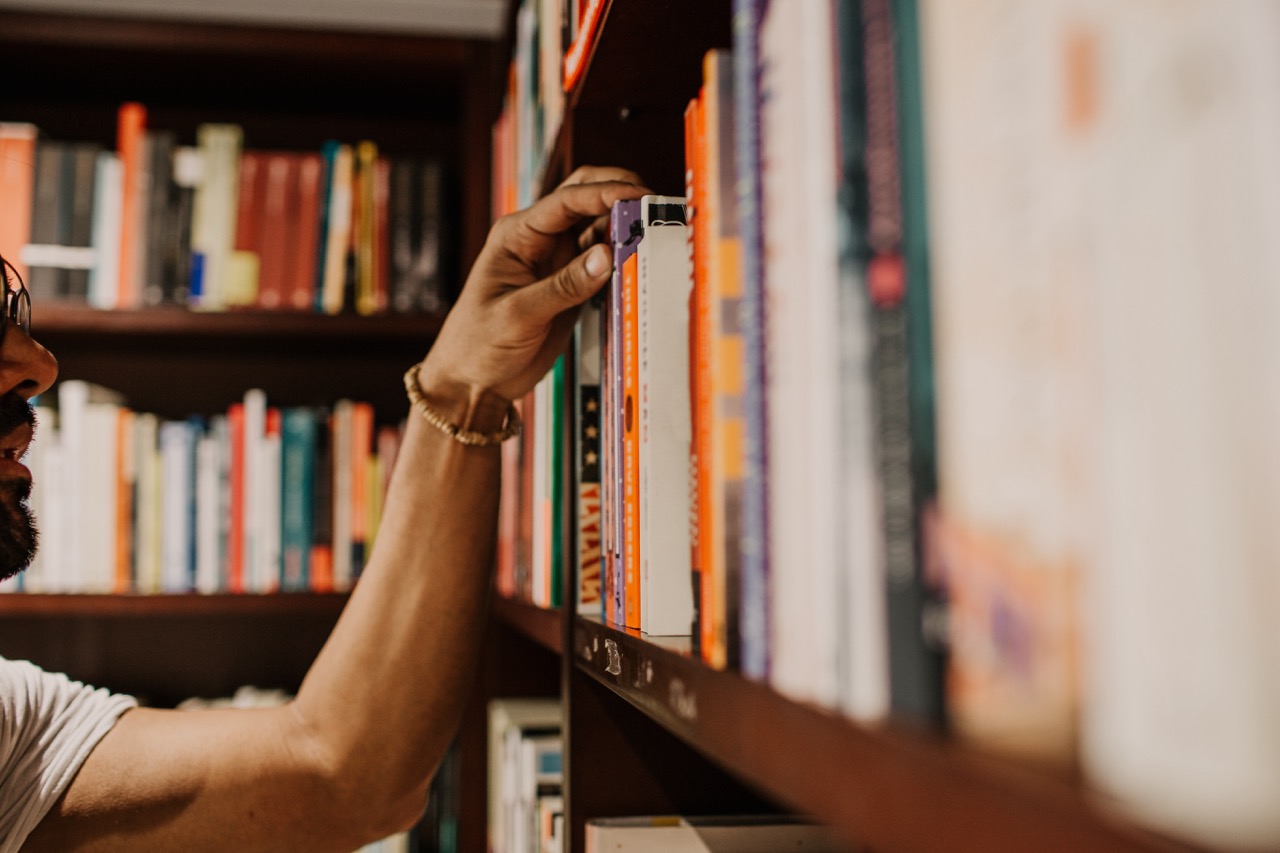In an age where information is at our fingertips, understanding literacy transcends mere reading and writing. It encompasses the ability to navigate, analyze, and engage with the digital landscape of news, social media, and literature. As readers and lifelong learners, cultivating a nuanced approach to information consumption is not just beneficial—it’s essential. This article will explore the multi-faceted nature of literacy in the digital era, the ethical considerations that arise from consuming information, and practical strategies to enhance our critical reading skills.
Understanding Literacy in the Digital Age of Information
In the digital age, literacy is no longer confined to the ability to read text on a page. It has evolved to include digital literacy, which demands a critical understanding of various formats, platforms, and modes of communication. From deciphering the nuances of online articles to navigating social media narratives, being literate today means engaging with information in ways that promote understanding and informed decision-making. As we delve into diverse genres, recognizing the intent behind an author’s words becomes crucial in shaping our interpretations.
The vast expanse of the internet also presents unique challenges. With countless sources available, distinguishing between credible information and misinformation is paramount. A strong foundation in literacy equips readers with the tools to evaluate sources critically—understanding the author’s background, the publication’s credibility, and the context in which the information is presented. This discernment is essential for fostering a well-rounded perspective and avoiding the pitfalls of echo chambers.
Moreover, the way we consume information can influence our beliefs and behaviors. Reading a variety of genres—from fiction to non-fiction—can enrich our understanding of different viewpoints and experiences. Engaging with literature that challenges our thinking or introduces us to new ideas is a pivotal aspect of developing a well-informed worldview. In this dynamic landscape, the reader’s role transforms from passive absorber to active participant, shaping how stories and facts are perceived and disseminated.
The Ethical Implications of Consuming Information Thoughtfully
The ethics of information consumption go hand in hand with literacy. Every piece of information we engage with comes with an ethical responsibility—not only to ourselves but also to the broader community. When we consume information thoughtlessly, we risk perpetuating harmful narratives, misinformation, and biases. Acknowledging this responsibility encourages us to approach information with a critical eye, asking questions about its origins and implications.
Furthermore, ethical consumption of information requires an awareness of the impact it has on society. As readers and learners, we should consider how our choices in literature and media contribute to shaping public opinion and culture. Engaging with diverse voices, especially those from marginalized communities, not only broadens our understanding but also amplifies perspectives that often go unheard. This proactive engagement can lead to a more equitable exchange of ideas and foster a culture of empathy and understanding.
In this interconnected world, the ripple effects of our reading choices are significant. By embracing ethical information consumption, we contribute to a healthier discourse, promoting a culture that values truth and integrity. This approach empowers us not only as readers but also as informed citizens, capable of navigating the complexities of modern society while fostering a more inclusive dialogue around literature and information.
Strategies for Enhancing Your Critical Reading Skills
To enhance our critical reading skills, we can adopt a few practical strategies that invite deeper engagement with texts. One effective method is to annotate while reading. Jotting down thoughts, questions, or reactions in the margins allows readers to interact with the material actively. This practice deepens comprehension and encourages readers to reflect on the author’s intent and the broader implications of the text.
Another valuable strategy is to engage in discussions about what we read. Joining a book club or simply sharing thoughts with friends can illuminate different perspectives and interpretations. These conversations not only enrich our understanding but also challenge us to articulate our viewpoints more clearly. When we discuss literature, we engage in a collaborative learning experience that fosters a sense of community among readers.
Finally, diversifying our reading lists can significantly enhance critical skills. Seeking out genres and authors from various backgrounds exposes us to a wealth of ideas and narratives. Whether it’s delving into historical fiction, exploring socio-political essays, or enjoying poetry, each genre offers unique insights that challenge our perspectives and stimulate our critical thinking abilities.
Building a Responsible Reading Habit for Lifelong Learners
Developing a responsible reading habit is an essential part of becoming a lifelong learner. Scheduling regular reading time can help create a routine that fosters a love for literature and encourages consistent engagement with new ideas. Setting aside even a few minutes each day can make a considerable difference in cultivating a habit that not only enhances literacy but also nourishes the mind.
In addition to time management, being selective about what we read can amplify our learning experience. Curate a reading list that reflects your interests while also challenging you to explore outside of your comfort zone. This balancing act—between familiar genres and new discoveries—cultivates a rich tapestry of knowledge and perspective that enhances our understanding of the world.
Lastly, reflecting on our reading choices is vital. Keeping a reading journal or writing reviews can help us process what we’ve learned and articulate our thoughts. This practice not only reinforces comprehension but also fosters a deeper connection to the material. By building a responsible reading habit, we not only enrich our own lives but also contribute to a more informed and thoughtful community of readers.
In this digital landscape, where information flows freely and rapidly, understanding literacy and the ethics of information consumption is more critical than ever. By embracing diverse literature, engaging thoughtfully with what we read, and nurturing our critical skills, we become not just consumers of information but active participants in a broader discourse. As lifelong learners, let’s commit to fostering a culture of ethical reading and thoughtful engagement, ensuring that our literary journeys enrich not only our lives but those of others as well. Happy reading!










